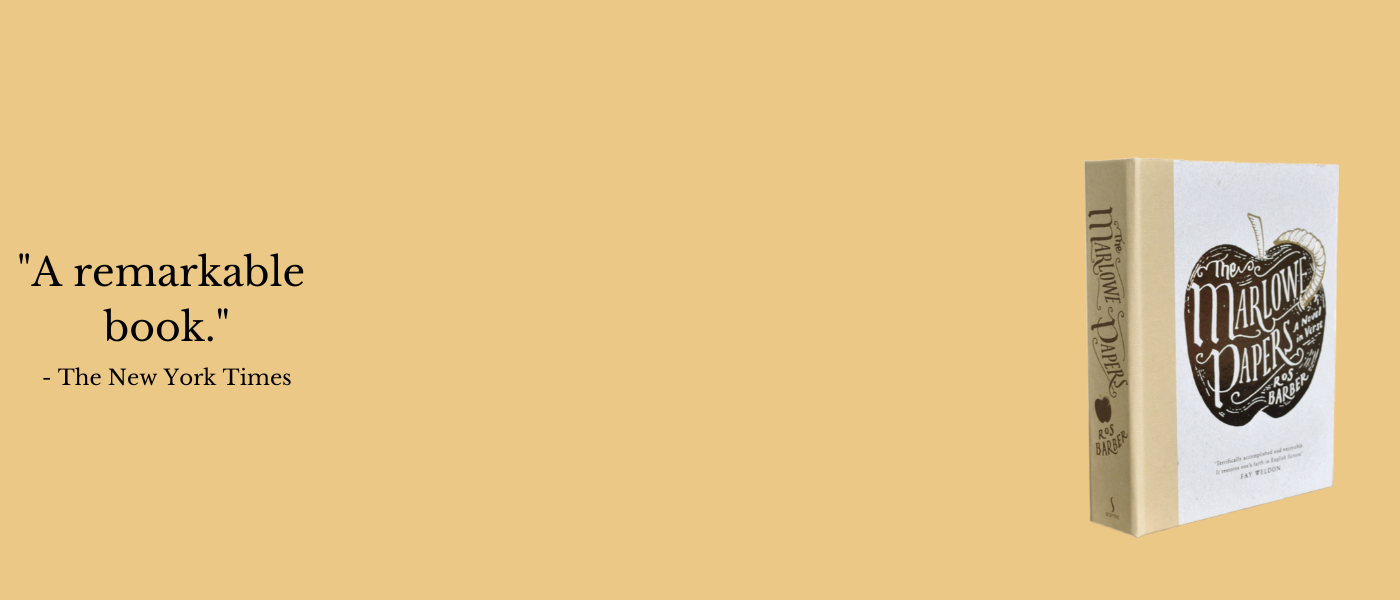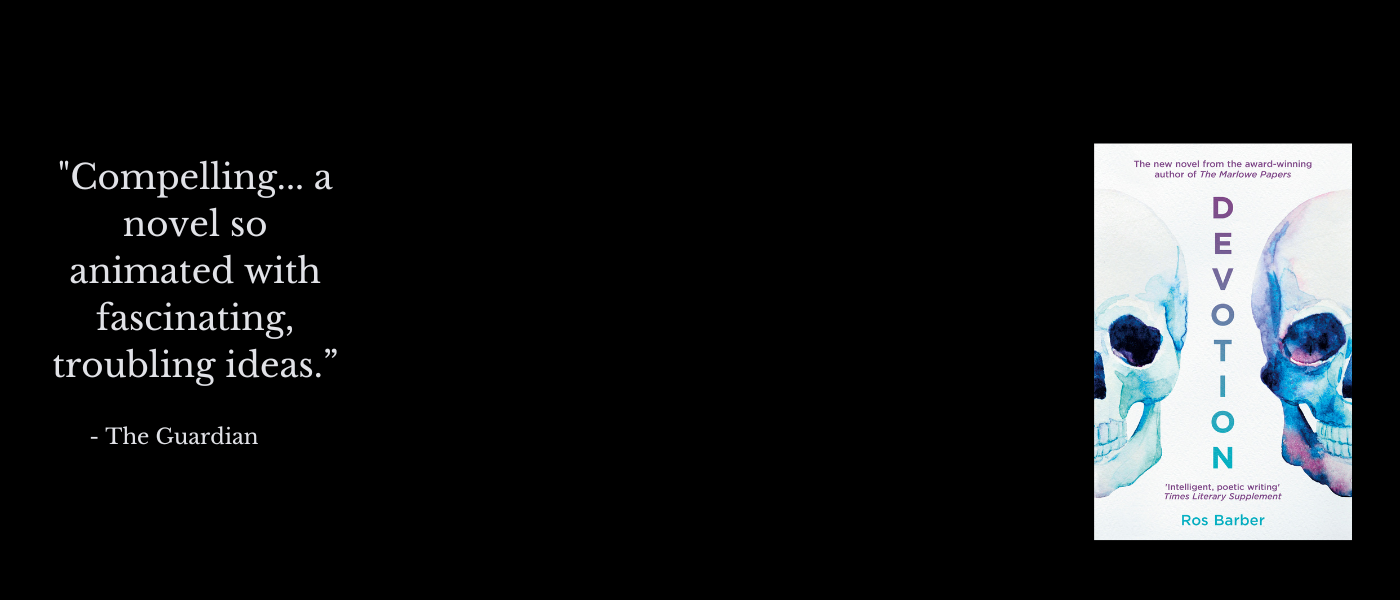 He wrote with all the inventive precision of a young Vladimir Nabokov. Every piece he submitted was thrilling to read. As his tutors, we discussed our most promising student over after-work drinks; wondered if we might be named in his acknowledgements, looked forward to being invited to his book launch.
He wrote with all the inventive precision of a young Vladimir Nabokov. Every piece he submitted was thrilling to read. As his tutors, we discussed our most promising student over after-work drinks; wondered if we might be named in his acknowledgements, looked forward to being invited to his book launch.
Shift to the present tense. Six years after he completed the University’s Creative Writing programme as one of our ‘tipped for the top’ authors, I bump into Martin.
‘How’s the writing going?’ I ask.
Martin looks sheepish. ‘It’s not really.’
‘What about that amazing novel you were working on? What happened to that?’
The former literary prodigy shifts from foot to foot. ‘I never finished it. To be honest I haven’t written a word since I left the course. And I haven’t got time now. Sally and I had a child last year, and I’ve gone back to teaching. Full-time.’
His name wasn’t really Martin: and I’m tempted to say names have been changed to protect the indolent, but Martin wasn’t disinclined to exert himself. It’s just that he was now exerting himself in every direction except in the direction of his exceptional talent. Another six years have passed and still his name is absent from the shelves of the nation’s bookshops.
So what happened to Martin? And why are there so many Martins (and Martinas) out there?
One of my greatest frustrations over the last 18 years of creative writing teaching has been seeing some very talented writers fail to materialise. The psychological side of writing has become my specialism and for the last six years I have been working with non-productive writers (both aspiring and established) to help them become productive.
In the run up to my next Write The Damn Book! weekend, every weekday for the next two weeks I’ll be posting information about recognising and eliminating ‘book stoppers’. So if writing isn’t as easy as you’d like, and you want to understand why, watch this space.

